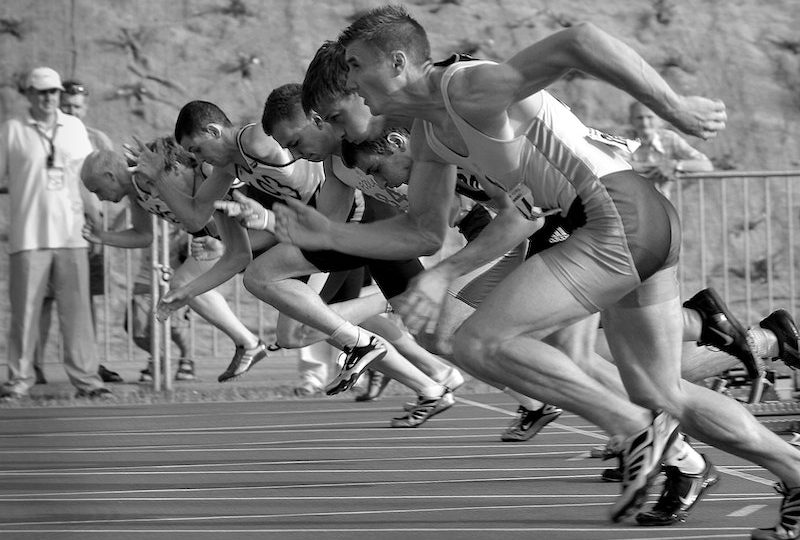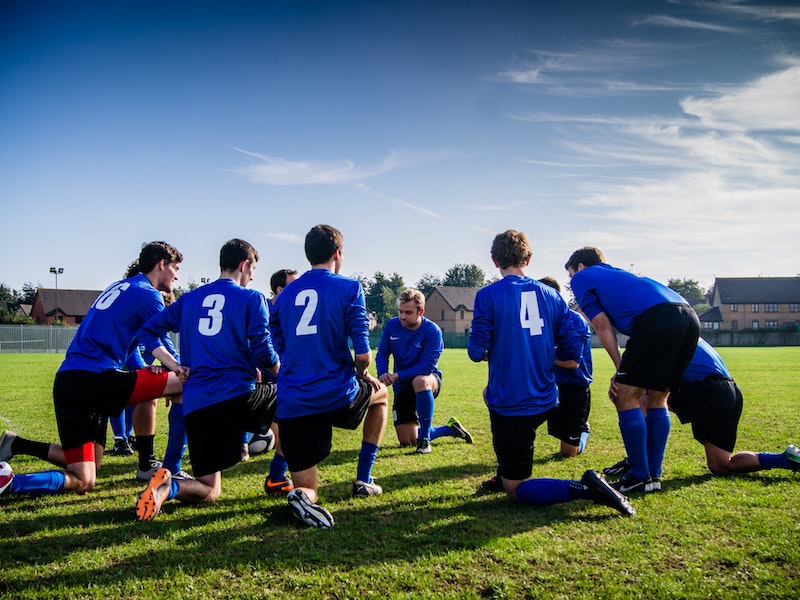This article explores the multifaceted challenges that retired sports players face when transitioning out of their athletic careers. From navigating the job market to coping with the loss of identity and purpose, we delve into the realities of post-retirement life. Additionally, we delve into the mental health struggles that often accompany the transition, such as depression and anxiety, and discuss ways to address these challenges. By shedding light on this often-overlooked aspect of professional sports, this article aims to provide insight and support to retired athletes as they navigate this challenging time in their lives.
 Retirement from professional sports can be a bittersweet experience for athletes. While it marks the end of a career that they’ve dedicated their lives to, it also opens up a world of new opportunities and challenges. However, for many retired sports players, the transition out of their athletic careers can be fraught with difficulties, from the loss of identity and purpose to the limited job opportunities outside of the sports industry. In addition to these career-related challenges, retired athletes also face significant mental health challenges, including depression, anxiety, and a sense of isolation. In this article, we’ll explore these complex issues and provide guidance on how retired athletes can navigate this challenging time in their lives.
Retirement from professional sports can be a bittersweet experience for athletes. While it marks the end of a career that they’ve dedicated their lives to, it also opens up a world of new opportunities and challenges. However, for many retired sports players, the transition out of their athletic careers can be fraught with difficulties, from the loss of identity and purpose to the limited job opportunities outside of the sports industry. In addition to these career-related challenges, retired athletes also face significant mental health challenges, including depression, anxiety, and a sense of isolation. In this article, we’ll explore these complex issues and provide guidance on how retired athletes can navigate this challenging time in their lives.
Navigating Career Transitions
One of the most significant challenges that retired sports players face is navigating the transition to a new career. For many athletes, their sport has been their entire life, and the idea of moving on to something else can be daunting. This can be compounded by a sense of loss of identity and purpose, as athletes may feel that their value is tied up in their ability to perform on the field or court.
Another significant challenge is the limited job opportunities outside of the sports industry. While athletes may have developed skills and abilities that are transferable to other fields, they may not have the necessary education or experience to compete for jobs with candidates who have been in the workforce for longer. This can be frustrating for retired athletes who are eager to prove themselves in a new career but find themselves at a disadvantage due to their lack of experience.
To overcome these challenges, retired athletes need to plan ahead for retirement and be proactive about building new skills and networks. This may involve enrolling in educational programs, seeking out mentorship and networking opportunities, and exploring alternative career paths. It’s essential to start thinking about life after sports as early as possible to ensure a smooth transition.
Mental Health Challenges
In addition to the career-related challenges that retired athletes face, they also often struggle with significant mental health issues. Depression, anxiety, and a sense of isolation are common among retired athletes, who may feel that they’ve lost their sense of purpose and community.
One reason for this is the stigma surrounding mental health in sports culture. Athletes are often expected to be tough and resilient, and seeking help for mental health issues can be seen as a sign of weakness. This can make it challenging for retired athletes to ask for the support they need to cope with the challenges of retirement.
However, it’s crucial for retired athletes to prioritize their mental health and seek help if they’re struggling. This may involve speaking with a therapist or counselor, joining a support group for retired athletes, or reaching out to friends and family for support.
Coping Strategies and Resources
There are many strategies and resources available to retired athletes who are struggling to navigate the challenges of retirement. One of the most important is seeking out mentorship and networking opportunities. Retired athletes who have successfully transitioned to new careers can provide invaluable guidance and support to those who are just starting out. Additionally, networking with professionals in other fields can help retired athletes expand their job opportunities and build new skills.
Another useful resource is education and training programs. Many colleges and universities offer programs designed specifically for retired athletes, allowing them to develop new skills and explore new career paths. By investing in education and training, retired athletes can increase their job opportunities and gain the confidence they need to succeed in a new career.
Mental health resources are also crucial for retired athletes who are struggling with depression, anxiety, or other mental health challenges. Many organizations and support groups are specifically geared towards retired athletes, offering a safe space for them to discuss their experiences and find support from others who have been through similar situations.
Some retired athletes may also find it helpful to volunteer or get involved in their community. Giving back can be a powerful way to regain a sense of purpose and connection with others. Whether it’s coaching a youth sports team, volunteering at a local charity, or joining a community organization, finding ways to stay engaged and active can help retired athletes maintain a sense of fulfillment and happiness.
Success Stories and Inspiration
While the challenges of retirement can be significant, it’s important to remember that many retired athletes have successfully transitioned to new careers and found fulfillment and happiness outside of sports. For example, former NFL player Michael Strahan has gone on to become a successful television personality, while retired soccer player David Beckham has launched a successful fashion and grooming line.
Retired athletes who have successfully transitioned to new careers can provide inspiration and guidance to others who are struggling with the transition. By sharing their stories and insights, they can help retired athletes see that there are many possibilities and opportunities available to them outside of sports.
Conclusion
Retirement from professional sports can be a challenging time for athletes, but it can also be a time of tremendous growth and opportunity. By being proactive about planning for retirement, seeking out support and resources, and staying engaged and active in their community, retired athletes can successfully navigate the challenges of this transition and find fulfillment and happiness in their post-sports careers.
It’s important for the sports industry and society as a whole to recognize the challenges that retired athletes face and provide support and resources to help them navigate this complex time in their lives. By doing so, we can ensure that retired athletes are able to lead happy, healthy, and fulfilling lives beyond sports.









